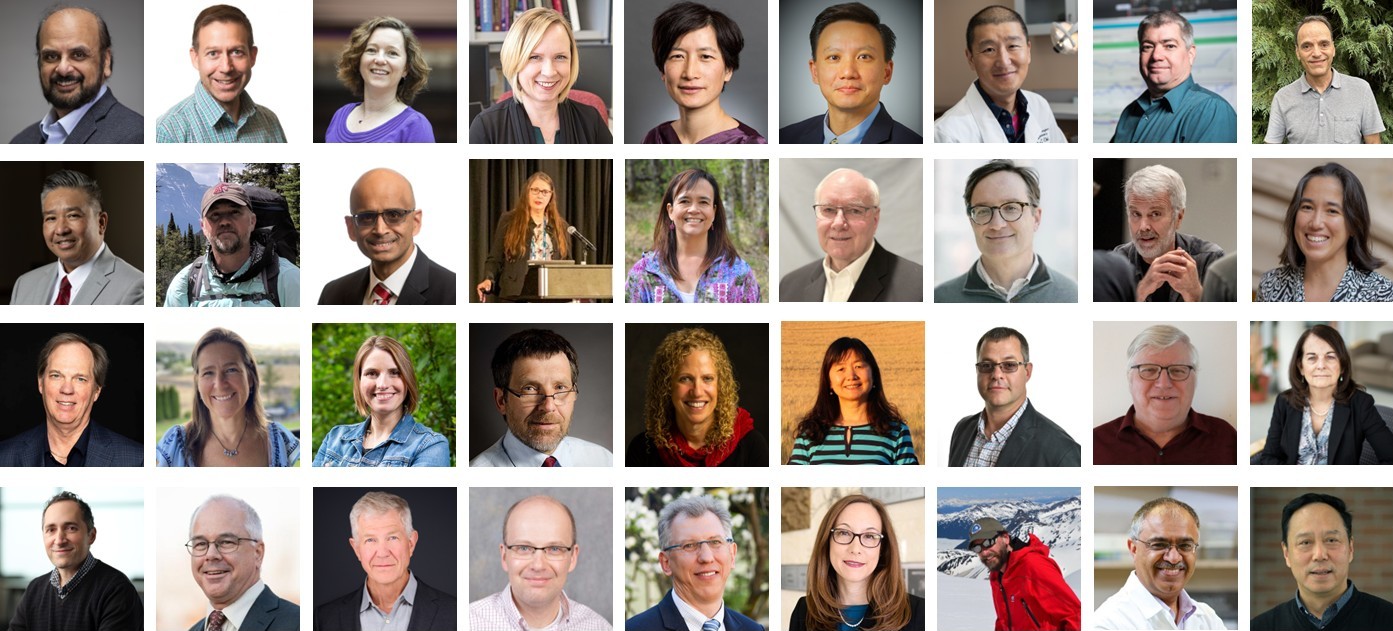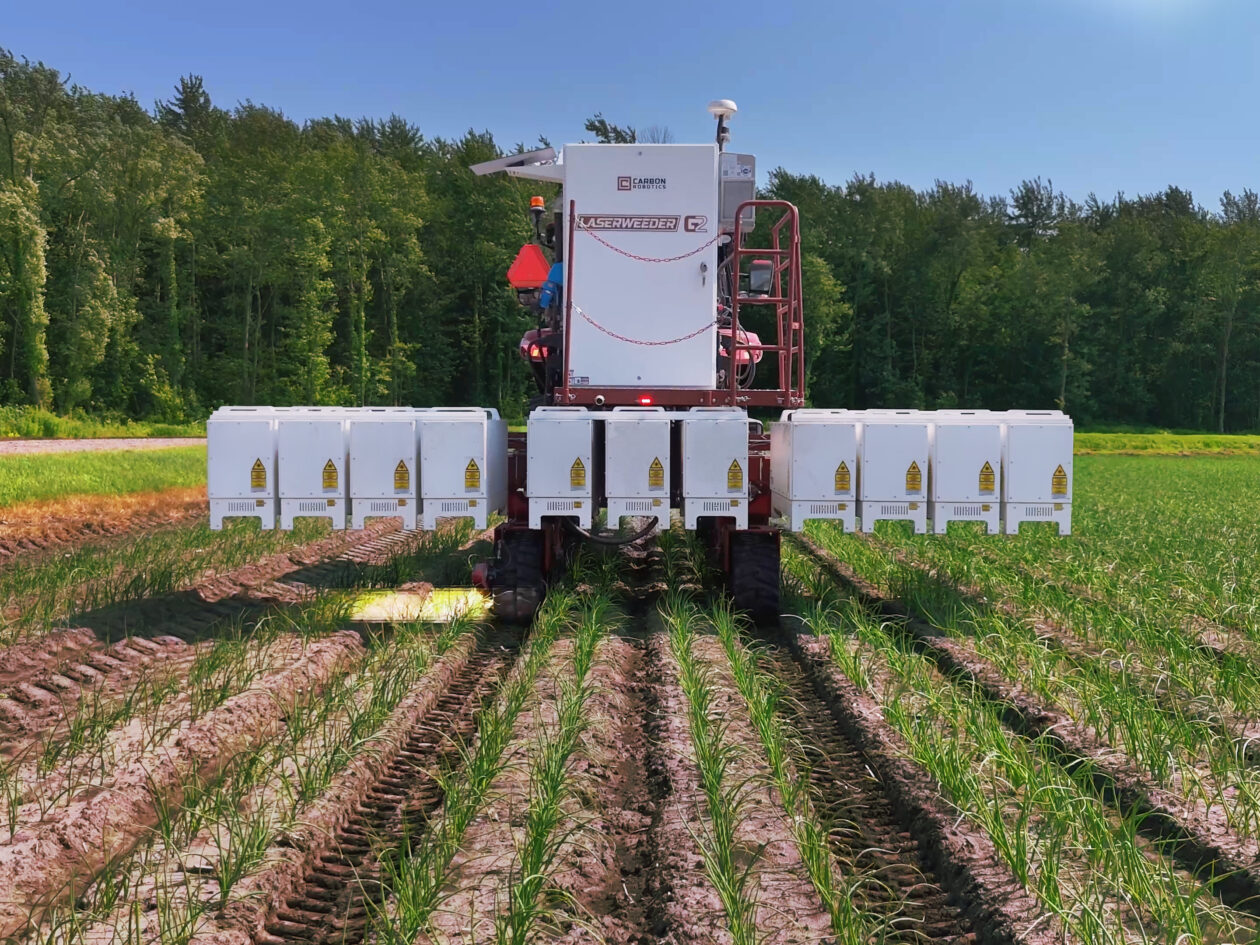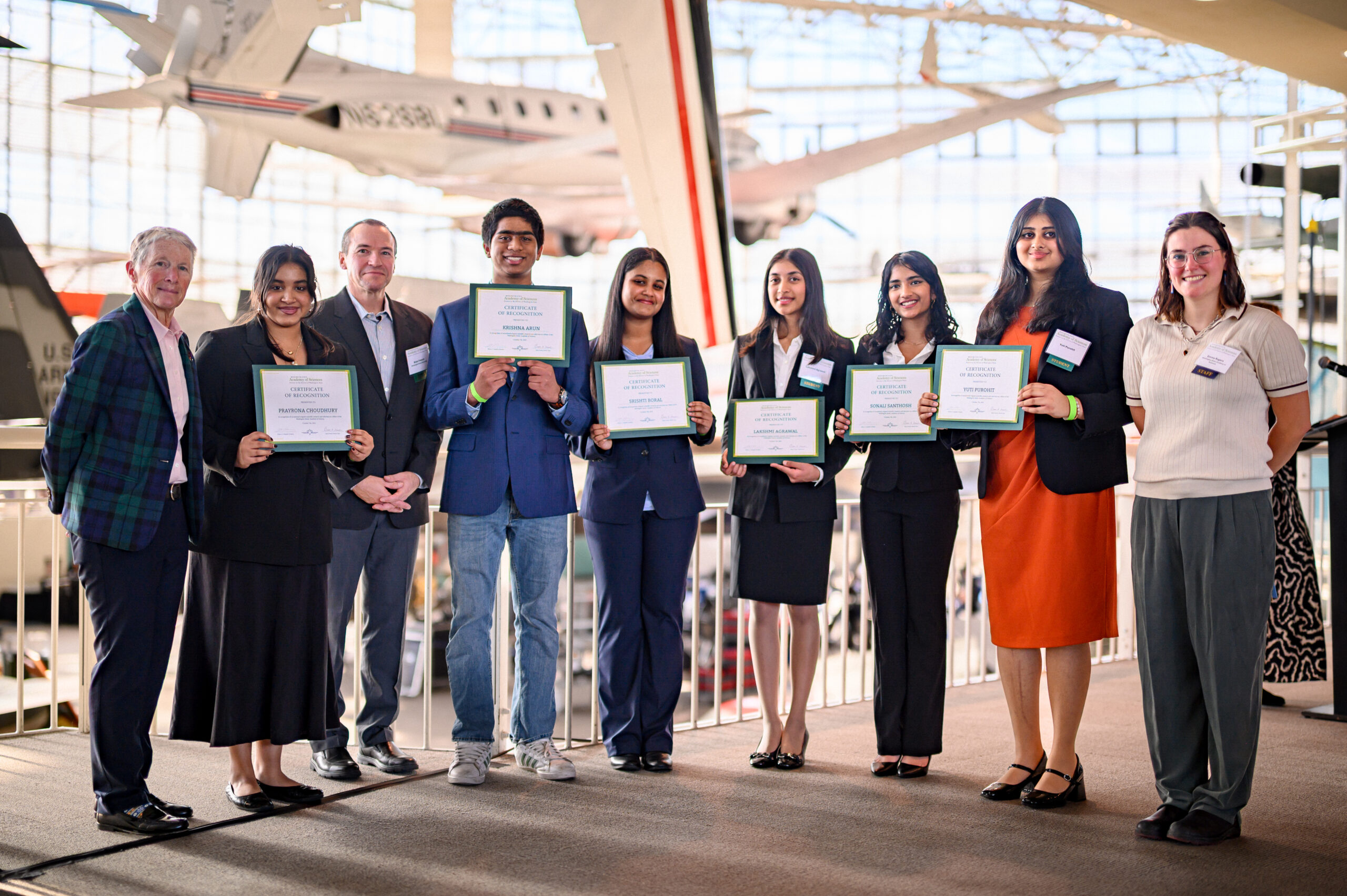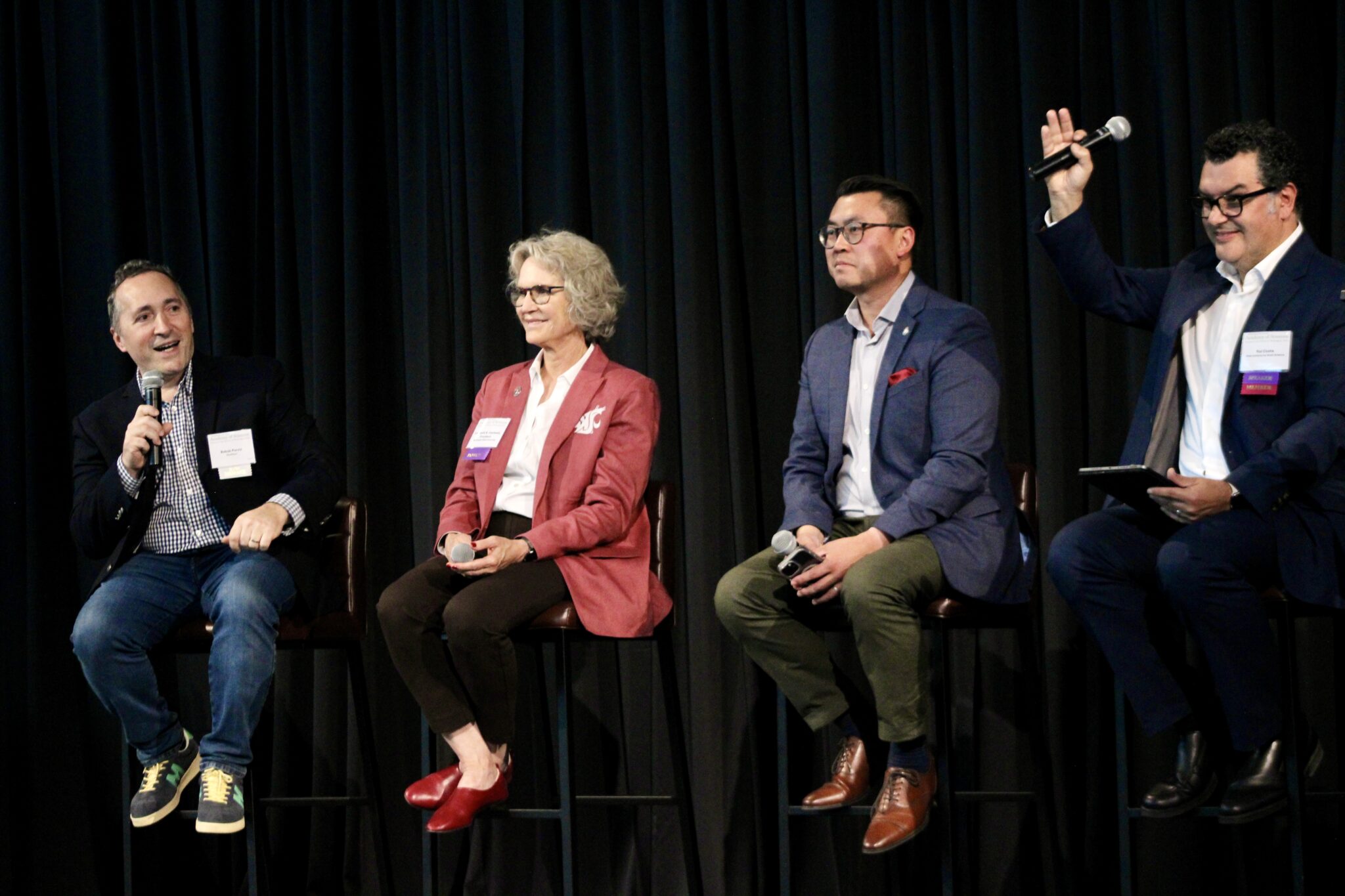
SEATTLE, WA – The Washington State Academy of Sciences (WSAS) announced today the election of 36 new members in recognition of their outstanding record of scientific and technical achievement and willingness to assist the Academy in providing the best available scientific information and technical understanding to inform complex policy decisions in Washington.
“We are pleased to recognize the achievements of these world-renowned scientists, engineers, and innovators,” said WSAS President Allison Campbell. “And we are grateful for their willingness to contribute expertise from a wide range of fields and institutions to support the state in making informed choices in a time of growing complexity.”
The 2025 class of new members is composed of 30 scientists and engineers elected by their WSAS peers and 6 members recently elected to the National Academies of Science, Engineering, or Medicine, who live or work in Washington state.
New members will be inducted at the WSAS’s 20th Anniversary Celebration at the Museum of Flight in Seattle, Washington on October 7, 2025.
Individuals directly elected by WSAS membership
Scott E. Baker, Group Leader, Environmental Molecular Sciences Division, Pacific Northwest National Laboratory
For seminal contributions to fungal genomics, including advocacy for sequencing diverse fungal species, discovery of biosynthetic pathways for mycotoxins, and advancements in fungal biotechnology to foster a robust and economical bioeconomy.
Magdalena Balazinska, Professor, Director of the Paul G. Allen School of Computer Science & Engineering, University of Washington
For contributions in data management for data science, big data systems, cloud computing, and image/video analytics and leadership in data science education.
Naomi Chaytor, Professor and Chair, Community and Behavioral Health, Elson S. Floyd College of Medicine, Washington State University
For contributions to the neuropsychology of Type 1 Diabetes, cognitive decline, and dementia, including advancements in digital neuropsychological assessments, ecological validity, and the cognitive impact of diabetes technology.
Cynthia Chen, Professor, Civil & Environmental Engineering, Industrial & Systems Engineering, University of Washington
For pioneering work in human mobility analysis and infrastructure resilience, which have transformed transportation systems in terms of both demand and supply, and shaped the future directions of transportation systems research on community-based solutions and disaster resilience.
Donald Chi, Professor and Associate Dean for Research; Oral Health Sciences; Health Systems and Population Health, University of Washington
For leadership in understanding and addressing children’s oral health inequities through community-based socio-behavioral interventions and evidence-based policies.
Jeffery Dagle, Chief Electrical Engineer, Energy and Environment Directorate, Pacific Northwest National Laboratory
For his national and internal leadership to advance electric system infrastructure operational security and resilience, and his technical contributions to real-time grid reliability and wide-area monitoring systems.
Butch de Castro, Charles M. Pigott Endowed Dean of the College of Nursing and Health Sciences, Seattle University
For contributions to health research addressing workplace conditions, culture, race, and structural inequalities, advancing understanding and solutions for health disparities.
Horacio de la Iglesia, Professor, Biology, University of Washington
For internationally recognized leadership in the biology of sleep, including groundbreaking research on molecular and genetic aspects of the brain, human behavioral studies on learning under varied sleep schedules, and contributions that have shaped policy on school schedules and standard time.
Justin Denney, William Julius Wilson Distinguished Professor, Sociology, Washington State University
For shaping the understanding of how place combines with individual and family characteristics to produce and maintain health disparities, and for leadership in creating unique data and opportunities for other scientists.
Ram Devanathan, Division Director, Energy Processes & Materials Division, Pacific Northwest National Laboratory
For leadership in computational materials science, including advancements in multiscale modeling, pioneering AI for materials discovery, and addressing critical challenges in energy, national security, and environmental remediation, significantly influencing the field and driving impactful innovation.
Heida Diefenderfer, Earth Scientist, Pacific Northwest National Laboratory; Faculty Fellow, College of the Environment, University of Washington
For leadership in long-term, large-scale ecological research to inform restoration, including efforts to mitigate the environmental impacts of hydropower in the Columbia River and salmon habitat loss in Puget Sound, with national and international influence on policy and scientific methods.
Denise Dillard, Co-Director, Institute for Research and Education to Advance Community Health; Professor, Elson S. Floyd College of Medicine, Washington State University
For her commitment to community driven health research that improves the lives of Alaska Native and other indigenous peoples, supporting American Indian and Alaska Native research sovereignty, and building an indigenous scientific workforce to assure health Native communities for generations to come
Kai-Mei Fu, Professor, Physics, Electrical and Computer Engineering, University of Washington
For foundational contributions to fundamental and applied research on the optical and spin properties of quantum point defects in crystals, and for service and leadership in the quantum community.
Kirsten Hofmockel, Chief Scientist, Earth and Biological Systems Directorate, Pacific Northwest National Laboratory
For pioneering contributions to the modern understanding of soil nutrient and carbon cycling, and for influencing the national research agenda through workshop reports, innovative experiments, creative community research, and training of the next generation of environmental scientists.
Julie Kientz, Professor and Chair, Human Centered Design & Engineering, University of Washington
For award-winning leadership in HCI computing, whose research has advanced health and education technology, influenced policy, and shaped the HCI field of through impactful scholarship, interdisciplinary collaboration, and inclusive, real-world technology design.
Michael Kintner-Meyer, Staff Engineer, Energy and Environment Directorate, Pacific Northwest National Laboratory
For contributions to clean energy technologies by advancing grid-friendly electric vehicle charging technologies and vehicle grid integration strategies and leadership in national and international assessments of energy storage technologies and decarbonization strategies for foreign countries.
Rona Levy, Professor, Associate Dean for Research, School of Social Work, University of Washington
For contributions to understanding psychosocial and physiological factors that moderate the effectiveness of their interventions and ultimately improve the health of children with abdominal pain disorders.
Tom Metz, Laboratory Fellow and Chief Science Officer, Biological Sciences Division, Pacific Northwest National Laboratory
For internationally recognized expertise in metabolomics and lipidomics, including the application of omics technologies to biomedical research with over 200 publications, and for leadership as a founding member and elected president of the Metabolomics Association of North America.
Marian Neuhouser, Professor, Public Health Sciences; Program Head, Cancer Prevention Program, Fred Hutchinson Cancer Center
For expertise in nutritional epidemiology and cancer prevention, including contributions to shaping U.S. dietary guidelines, advancements in biomarker methods, and influence on public health policy, with lasting impact on cancer prevention, health equity, and scientific policy.
Babak Parviz, CEO & Founder, newdays.ai
For pioneering work in wearable computing, including the creation of Google Glass and Functional Contact Lenses as well as for innovations in healthcare, including robotic surgery, artificial intelligence, and building comprehensive healthcare systems.
Anthony Peurrung, Retired – Deputy Director for Science and Technology and Chief Research Officer, Pacific Northwest National Laboratory
For major contributions to scientific foundations of nuclear threat detection technology, related work to enhance U.S. national security, and leadership in strengthening and expanding Washington State’s innovation ecosystem.
Scott Ramsey, Director of Hutchinson Institute for Cancer Outcomes Research, Professor in Public Health Sciences, Fred Hutch Cancer Center
For leadership in health economics and cancer research, including work on financial toxicity, cost-effectiveness, and healthcare policy that has influenced national discussions, improved cancer care access, and shaped policies for equitable and sustainable healthcare.
Travis Ridout, Thomas S. Foley Distinguished Professor of Government and Public Policy, School of Politics, Philosophy and Public Affairs, Washington State University
For transformative contributions to the study of political advertising in the U.S., including data that increased transparency in campaign spending through news media, and for research that has shaped hundreds of articles and policy papers on political ad spending and its regulation.
Shelly Sakiyama-Elbert, Vice Dean of Research and Graduate Education, School of Medicine; Professor, Bioengineering, University of Washington
For national leadership in biomedical research, research policy, and graduate education, including pioneering novel drug delivery approaches for regenerative medicine applications in the nervous system and other tissues such as bone, cartilage, tendon, and skin.
Eric Steig, Rabinowitz Endowed Professor, Earth and Space Sciences, University of Washington
For revolutionizing our understanding of climate change in Antarctica through pioneering ice core extractions under hazardous Antarctic conditions and their subsequent analyses over two decades, and for applying that expertise to advance climate research in Washington State.
Sergey Tolmachev, Director, U.S. Transuranium and Uranium Registries; Professor, Pharmacy and Pharmaceutical Sciences, Washington State University
For distinguished contributions to health physics, including the development of improved radiation exposure assessment models through collaboration with state, national, and international agencies.
Jashvant Unadkat, Professor, Pharmaceutics, University of Washington
For pioneering contributions to pharmaceutical and translational sciences, including groundbreaking research on drug transporters, PBPK modeling, and maternal-fetal pharmacology, that have helped shaped drug safety policies.
Douglas Benjamin Weibel, Director of Corporate R&D Team, Amazon
For over 25 years of innovation as a scientist and engineer, including contributions to academic research and teaching, co-founding startups, leading corporate R&D, advising corporate and government leaders, and fostering the development of future leaders.
Wei Yan, Professor and Director, School of Molecular Biosciences, Washington State University
For pioneering contributions to reproductive biology, including groundbreaking research on male infertility, non-hormonal contraception, and the intergenerational transmission of adult-onset diseases, advancing reproductive medicine and clinical diagnostics.
Meijun Zhu, Professor, School of Food Science, Washington State University
For global leadership in microbial food safety, including pioneering research that transformed pathogen control in the produce industry, and for advancing national standards, public health, and science-based policies for a safer food supply through innovation and industry partnerships.
Washington residents selected by virtue of their election to the National Academies of Sciences (NAS), Engineering (NAE), or Medicine (NAM)
Paramvir (Victor) Bahl, Azure for Operations, technical fellow and chief technology officer, Microsoft, NAE
For contributions to wireless networking, indoor localization, and edge computing, and for leadership in the mobile computing community.
Kwok Cheung, Founder and CEO, KC-Exousia Consulting, NAE
For contributions to the design and implementation of energy market management systems in power grid control centers worldwide.
James Dooley, Chief Technology Officer, Forest Concepts LLC, NAE
For engineering achievements in the design of innovative wood products, biomass processes, and processing equipment.
Martin Eberhard, Entrepreneur, Tiveni Inc. (retired), NAE
For leadership in the development of electric vehicles and entrepreneurship in transportation.
William Mickols, President, Mickols Consulting, NAE
For the discovery, development, and implementation of next-generation desalination membranes and related water filtration systems.
David Hertzog, Arthur B. McDonald Professor of Physics and director, Center for Experimental Nuclear Physics and Astrophysics, University of Washington, NAS
For leadership in designing and constructing detectors for high-precision experiments, work in testing the Standard Model theory and studying the behavior of muons.
About WSAS
The Washington State Academy of Sciences (WSAS) is an independent, nonprofit organization established by statute in 2005 to serve as an independent science advisory body. WSAS serves the state through multidisciplinary scientific assessments, expert briefings, and programs to support evidence-informed policy decisions. This work draws upon the expertise and networks of nearly 450 members who are elected for outstanding research contributions across a wide range of fields and organizations, and a shared belief in science as a public good.
Related Posts
January 23, 2026
A new initiative from the Washington State Academy of Sciences called Growing with AI will bring together the state’s tech giants and diverse farming community to tackle pressing challenges in the agriculture industry.
October 28, 2025
WAJAS is a WSAS program recognizing exceptional high school students from across the state for outstanding original scientific research and offering opportunities to connect with the research community in Washington and beyond. Fellows were publicly honored alongside Washington's top researchers at the WSAS 20th Anniversary Celebration on October 7.
October 14, 2025
Amid political polarization and uncertain federal research policy, Washington leaders are betting on stability through a unique innovation ecosystem rooted in the state’s institutions and businesses. That was a theme at the 20th anniversary celebration of the Washington State Academy of Sciences, held Tuesday evening at Seattle’s Museum of Flight.


